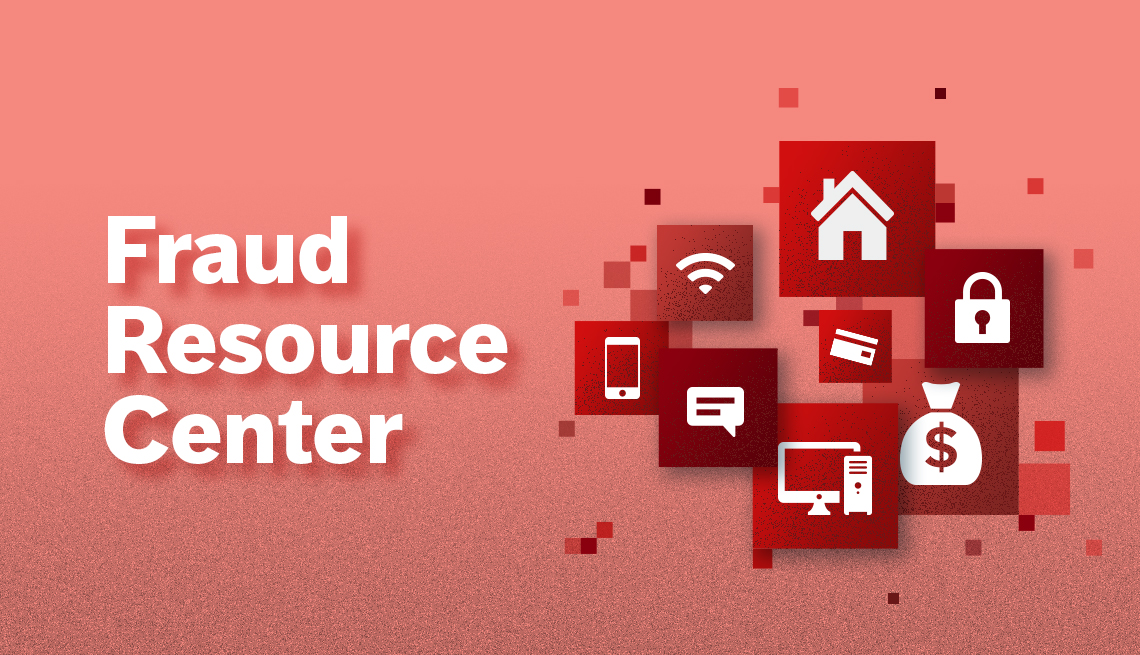
Look for the Official Census Survey and Avoid Fraud
- Select a language for the TTS:
- UK English Female
- UK English Male
- US English Female
- US English Male
- Australian Female
- Australian Male
- Language selected: (auto detect) - EN
Play all audios:
Facebook Twitter LinkedIn
Data collection for the 2020 Census is done. The U.S. Census Bureau is now tabulating and verifying responses to the decennial national headcount, which determines the apportionment of
congressional districts and the distribution of federal money to states. But census activity isn’t limited to years ending in 0, and neither is census fraud.
Census scammers contact you by phone, email, regular mail or home visit, or direct you to phony websites, seeking personal and financial information. Like other government impostors, they
adopt the mantle of officialdom in hopes of winning your trust — and they have the added advantage of pretending to represent an agency specifically tasked with asking questions. Along with
its once-a-decade population count, the Census Bureau conducts more than 130 surveys each year.
The biggest, the American Community Survey (ACS), is sent annually to more than 3.5 million randomly selected homes to gather population, economic, housing and other data that helps
determine how hundreds of billions of dollars in state and federal money is distributed. With its detailed questions about things like income, assets, job status, household amenities, even
your commute, the ACS does set off scam suspicions — it’s a frequent subject of calls to AARP’s Fraud Watch Network Helpline — but it is legitimate, and relatively easy to verify (see
below).
There are some things no genuine census survey or agent will ask — for example, for your Social Security, credit card or bank account number. They won’t ask for money. They won’t threaten
jail time if you don’t answer their questions. Any of these is a sure sign that a supposed census taker is phishing for ways to steal your identity, money or possessions.
Census fraud can hit at home or at work (the Census Bureau conducts business-related surveys, too). Count on these tips to head off census scams.
Correction: When originally published in April 2019, this fraud tip sheet incorrectly stated that a census survey or agent will not ask when you leave or return from work. The American
Community Survey does in fact ask when respondents leave for work, but not when they return. The incorrect information has been removed.